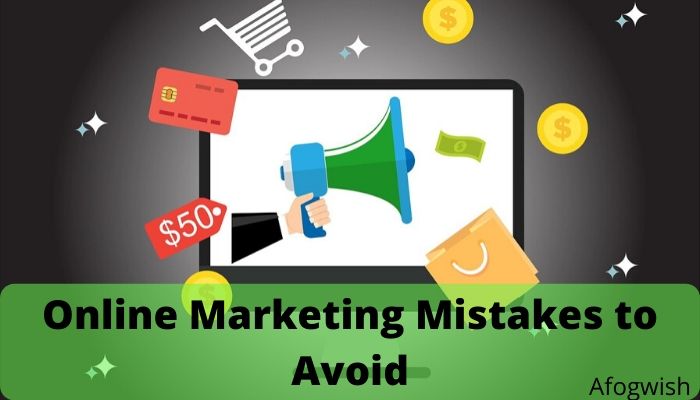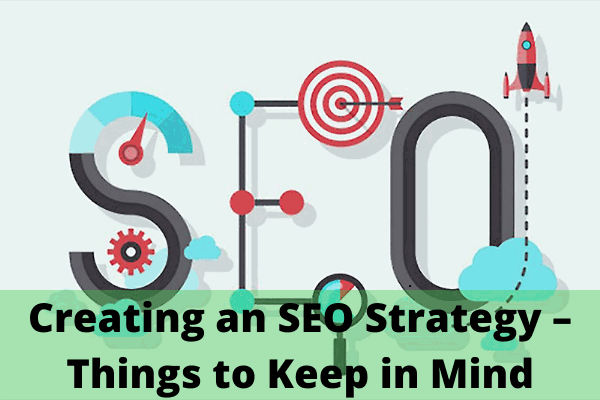Creating an SEO Strategy – Things to Keep in Mind
It is estimated that there are more than two billion websites on the internet today. It is also estimated thate-commerce will account for about 14% of global retail sales.
However, only a fraction of e-commerce stores will rake in this windfall, thanks to intense competition and stringent search engine rules. Ideally, these will be the websites that use the best search engine optimization (SEO) strategies to rank better on search engine results pages.
Read also: Internet marketing Trends You Need to Know
So, what makes the ideal SEO strategy? Here is an overview of fiveexpert tips by AAM Consultants to create an SEO strategy that will boost your rankings on Google.
1.Your Goals
What do you want to achieve by creating an SEO strategy? Is it more traffic to your site, more clicks on certain links, more conversions, or the top spot of Google’s search results pages?
Your goals should shape your SEO strategy. For example, you will need a comprehensive strategy to improve your overall ranking on Google. However, you will need a narrower and more focused strategy to boost sales for one of your products or services. As such, evaluate your e-commerce platform’s needs and come up with specific SEO goals.
2.Your Audience
Customers today want to feel valued and appreciated, necessitating deeper customer relations. Customer relations are interpreted from a wide range of perspectives, including your language, types of content, and more. To this end, it is necessary to understand your audience before reaching out.
Conduct comprehensive research into your audience’s nature and preferences. Look into their demographics, age, philosophy, and any other factor that may affect your customer relations. Additionally, study the market and its interactions with your competition and target audience. Finally, use this data to customize your SEO strategy to appeal to their preferences.
3.Nature & Quality of Your Content
‘Content is King’ is a popular phrase in SEO and online marketing. It is true, as content functions as your SEO strategy’s delivery mechanism. To this end, your content should align flawlessly with your SEO strategy.
There are two important factors to consider in SEO web content:
Type
SEO content takes a wide range of forms, including articles, blogs, videos, images, podcasts, landing pages, and more. Choose the nature of your content carefully, considering all underlying factors. For example, young customers will be more responsive to video content than articles.
Quality
Your content’s quality will be primarily measured by how informative or helpful it is. To this end, Google emphasized that all content should be designed to solve users’ problems – other objects, including converting leads, are considered secondary. As such, ensure that your content answers your visitors’ questions. Other factors, such as the content’s structure and layout also determine its overall quality, so make it neat and presentable.
4.Your Online Platforms
The ultimate goal of creating an SEO strategy is getting your online platforms to rank at the top of Google’s search results. However, this also depends significantly on the quality and performance of your platforms. Determining factors include your platforms’ web design, mobile responsiveness, layout, server host, domain name, and more.
SEO also addresses factors associated with a platform’s performance, including its overall web design. It is advisable to ensure that your platforms meet the set standards before deploying your SEO strategy. For example, ensure that the website has a neat layout for easy and quick navigation. Mobile responsiveness is also a big factor in SEO implementation and performance.
5.Keyword Usage, Link-Building & Other SEO Strategies
SEO is a collection of strategies that work together to improve a site’s performance. The most impactful strategy is keyword research – the keywords you use determine whether your website comes up when web users make search queries. Other important strategies include link-building and analyzing a wide range of metrics.
Different SEO strategies have varying uses and results. For example, keyword research is ideal for articles and other written content, while link-building is ideal for networking with potential partners. As such, study the different strategies and know which strategy to use for your different objectives.
SEO is Ever-Changing
SEO guidelines have been improving over time. For example, Google didn’t always care about content quality. These changes are crucial, as they directly affect your platform’s ranking and performance on search engines. As such, it is advisable to keep up with updates and implement them as fast as possible.
Your SEO strategy should also align with updates. As such, leave enough room for customization when creating an SEO strategy and measure its performance as you go!















Leave a Reply